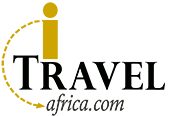North Africa
NORTH AFRICA
MAURITANIA
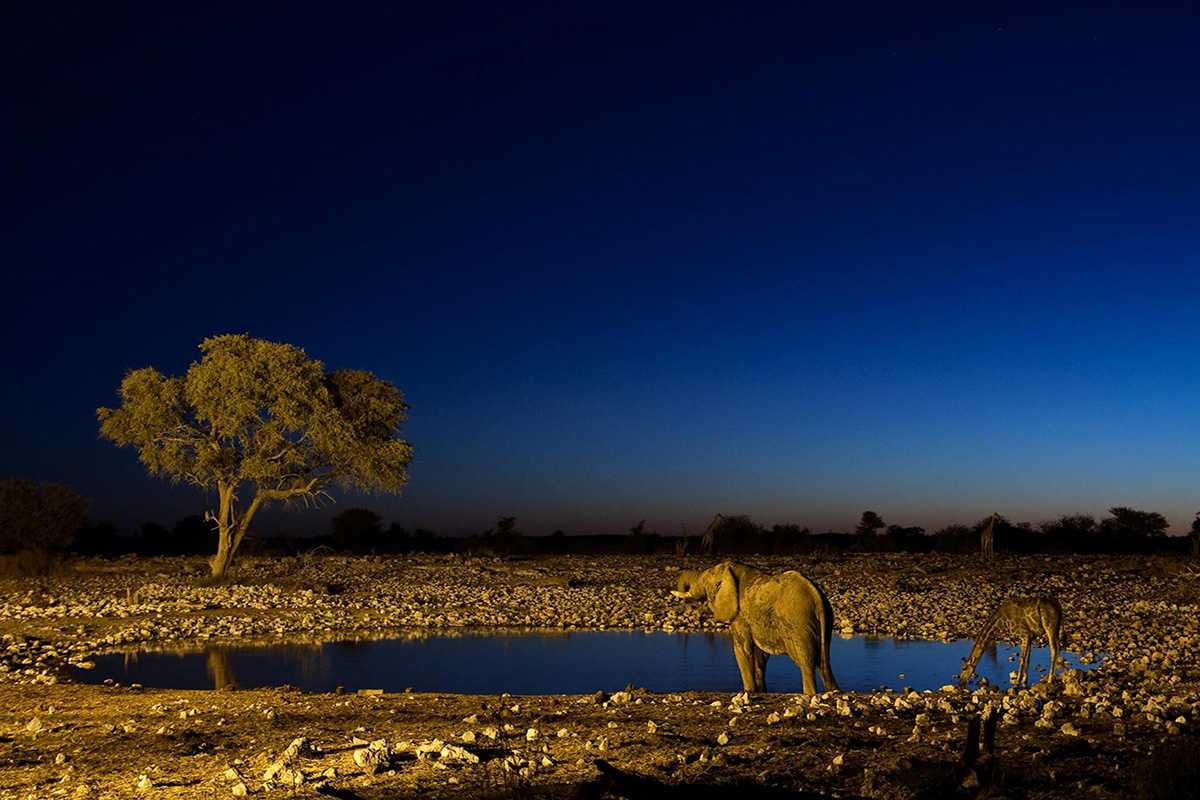
Overview
Mauritania is a land about desert and ocean. It is of course no wonder that the main attractions are the desert in Adrar and the Tagant areas (around Atar), and the ocean in Banc d’Arguin (a natural reserve with dunes ending in the sea, full of millions of birds and protected by UNESCO).
The Adrar is exactly how you’ve always imagined the Sahara as: endless ergs (dunes) and regs (rocky desert) with tabular small mountains. Popular places are along the west coast of the country, although there are a few beautiful sights far into the interior, like the rock formations in Aioun.
Mauritania is also of strong historical interest, with a sprinkle of World Heritage-listed caravan towns, all testifying to ancient civilisations
| Bordering Countries | Capital City | Currency |
| Western Sahara, Algeria, Mali, Senegal | Nouakchott | Ouguiya Shilling (MRO) |
| Official Language | Largest City | Dialling code |
| Arabic | Nouakchott | +222 |
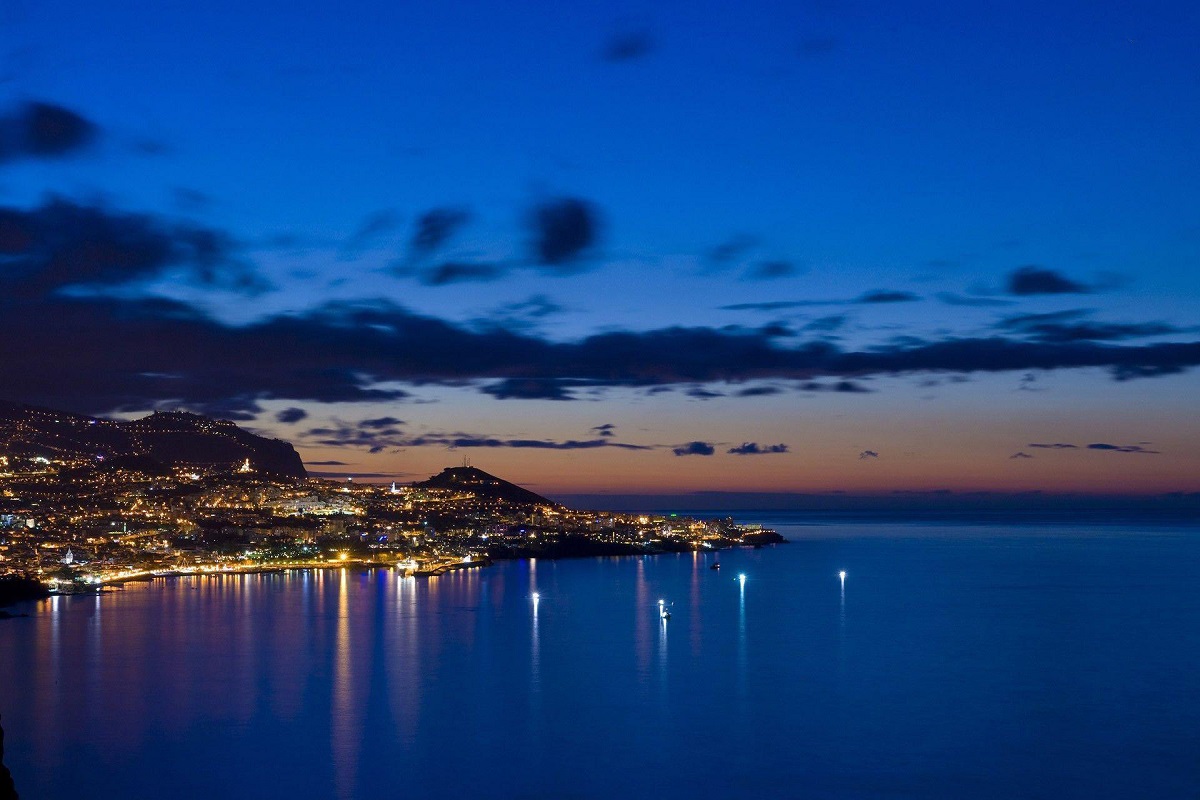
When to go
Mauritania experiences the same mix of hot and dry weather for much of the year. The south regions have a rainy season that lasts from July to September and a good time to visit is between March and April when the deserts are cooler and there is a steady cooling wind.
Best time to go: November to April (Daytime temperatures are comfortably warm but not too hot and there is little chance of rain)
High Season: December to February
Low Season: July to September (Rainy season, most humid period in the south)
Best Weather: November to April
Worst Weather: August
Fast Fact
If you look at Mauritania from space, you can see a clear bullseye-like image called the Eye of Africa. Nobody knows yet for sure what created this gigantic ground sculpture.
Electricity / Voltage
Plugs / sockets are usually an issue when it comes to traveling, so always make sure you travel with a universal plug adapter
The voltage is 220 V
The plug used is C
The electrical frequency is 50 Hz
MOROCCO
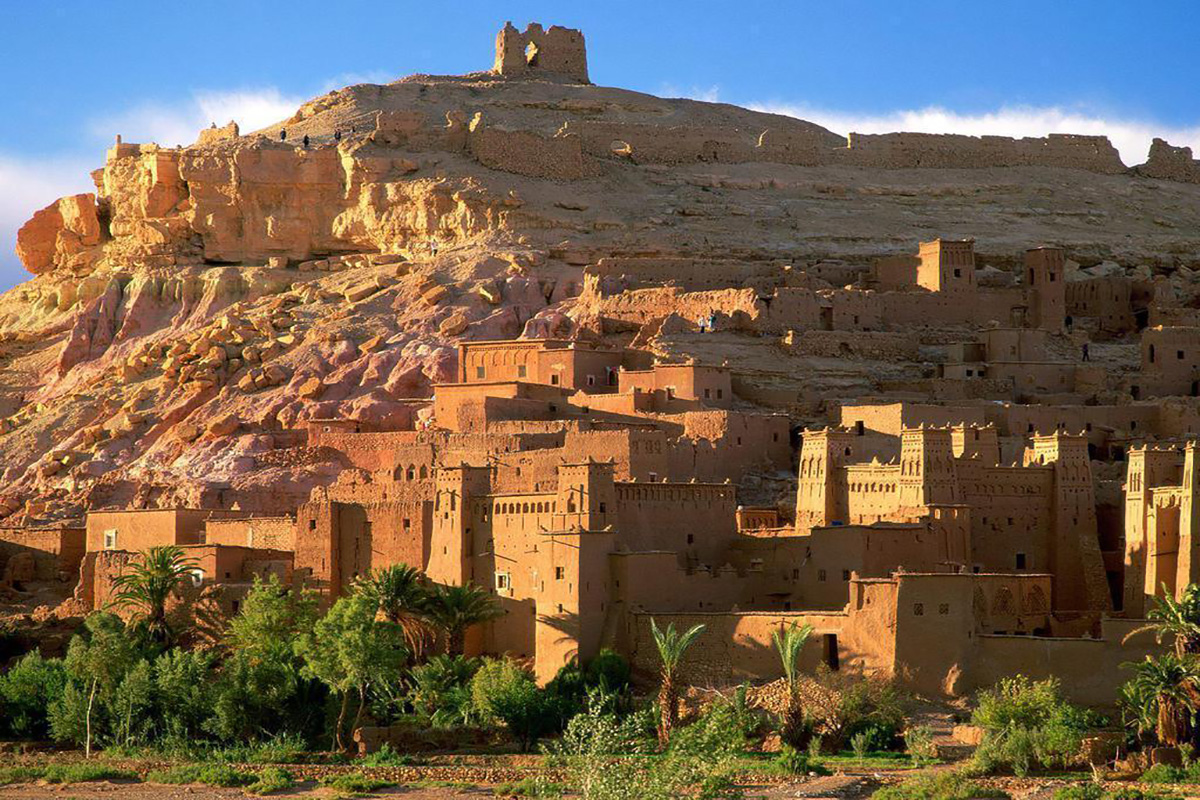
Overview
The full Arabic name is Al Mamlakah al Maghribiyah which translates into «The Western Kingdom».
A land rich in natural beauty and unforgettable places that are both fascinating to visit and intriguing to explore.
For those who want to immerse themselves in Moroccan culture and history there are hundreds of mosques, palaces, and historical sites to visit. Some of the favorites on our list include the ancient city of Asilah, the Grottoes of Hercules, and the El Bahia Palace.
Equally memorable is the Moroccan landscape, which is framed by several impressive destinations such as the Sahara Desert and stunning mountain ranges such as the High Atlas, the Chefchaouen Mountains and the Oregano Mountains, which offer outdoor activities such as snow skiing, hiking, climbing, and adventure travel.
For travelers wanting the relaxation of seaside towns and beaches, the Moroccan coast is home to spectacular fishing villages such Dakhla and swimming beaches such as Plage Quemada and Lalla Fatma.
| Bordering Countries | Capital City | Currency |
| Western Sahara, Algeria | Rabat | Moroccan Dirham (MAD) |
| Official Language | Largest City | Dialling code |
| Arabic, Berber | Casablanca | +212 |
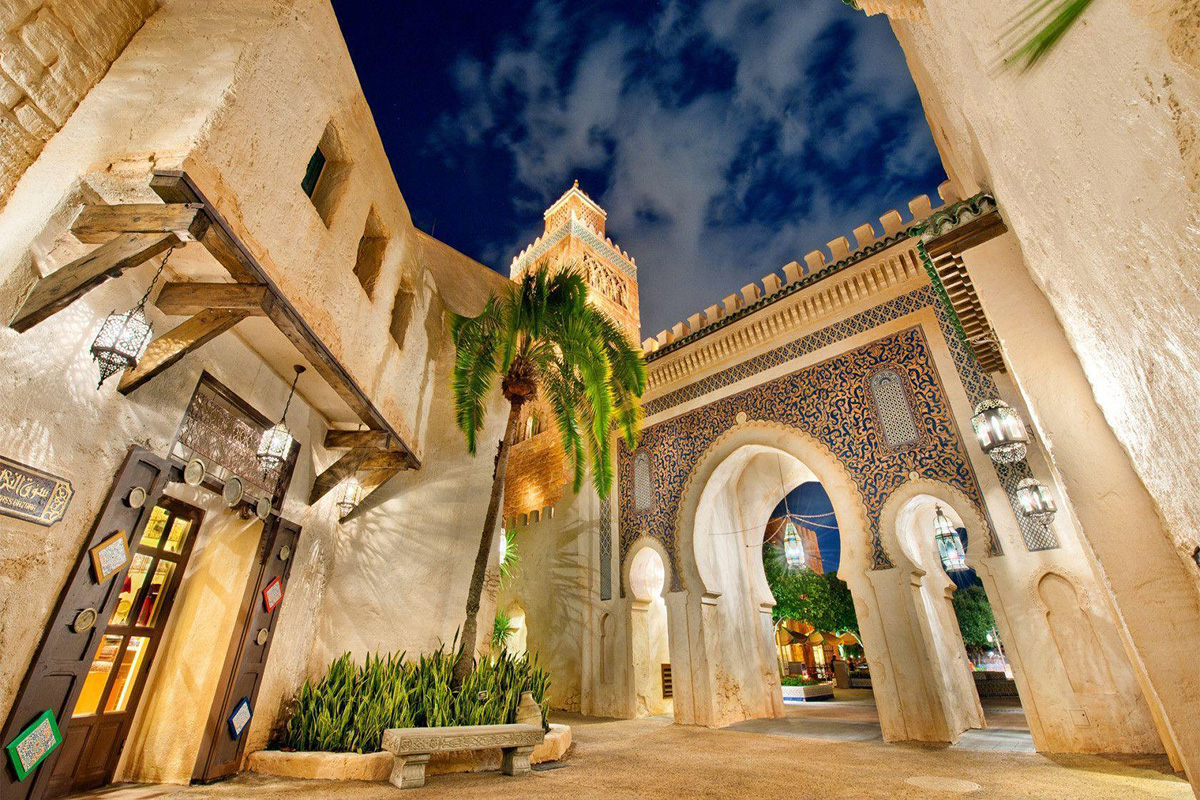
When to go
As far as the climate goes, it is better to visit the south, or at least the desert routes, outside midsummer, when for most of the day it’s far too hot for casual exploration. July and August, the hottest months, can be wonderful on the coast, however, while in the mountains there are no set rules.
Best time to go: March to May (Spring time)
High Season: July to September (Morocco’s summertime)
Low Season: November
Best Weather: March to May (Spring time)
Worst Weather: July and August (hottest months)
Fast Fact
The University of al-Karaouine or al-Qarawiyyin (founded by Fatima al-Fihri in 859), located in Fez, is the oldest existing and continually operating educational institution in the world according to UNESCO and Guinness World Record
Electricity / Voltage
Plugs / sockets are usually an issue when it comes to traveling, so always make sure you travel with a universal plug adapter
The voltage is 127 V / 220 V
The plugs used are C or E
The electrical frequency is 50 Hz

Contacts
AFRICA +27 11 234-5090
NORTH AMERICA 1-877-778-8436 (Toll free)
EUROPE +44 203 286-6770General email: requests@itravelafrica.com
Subscribe
